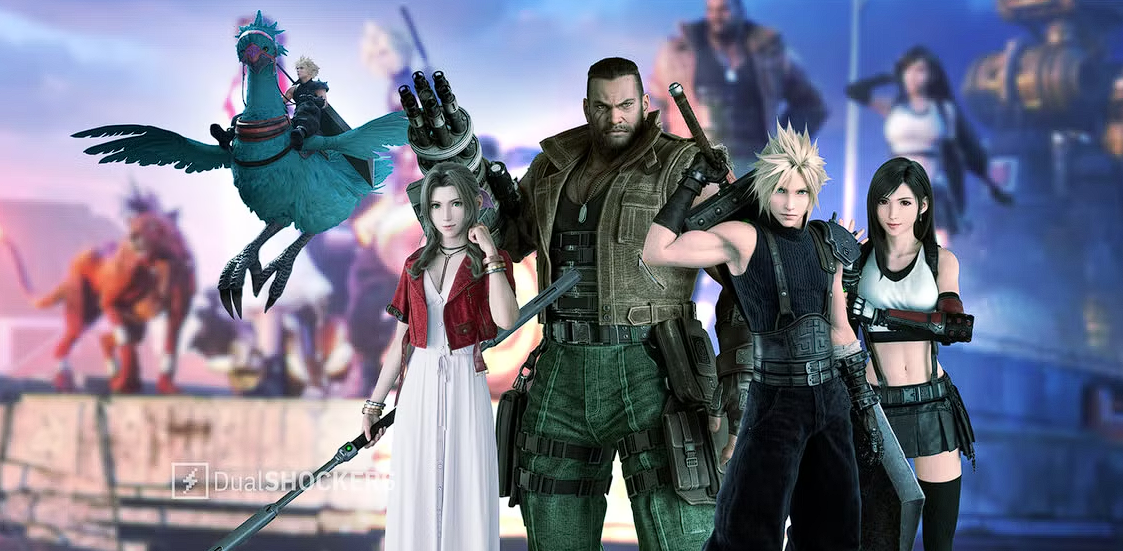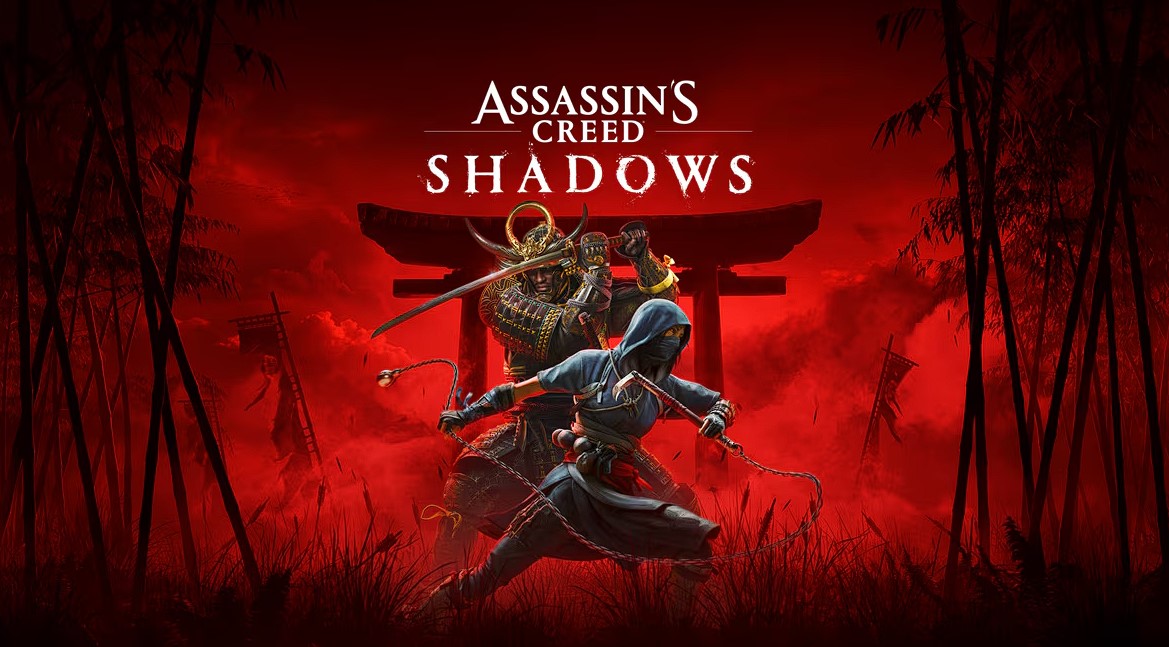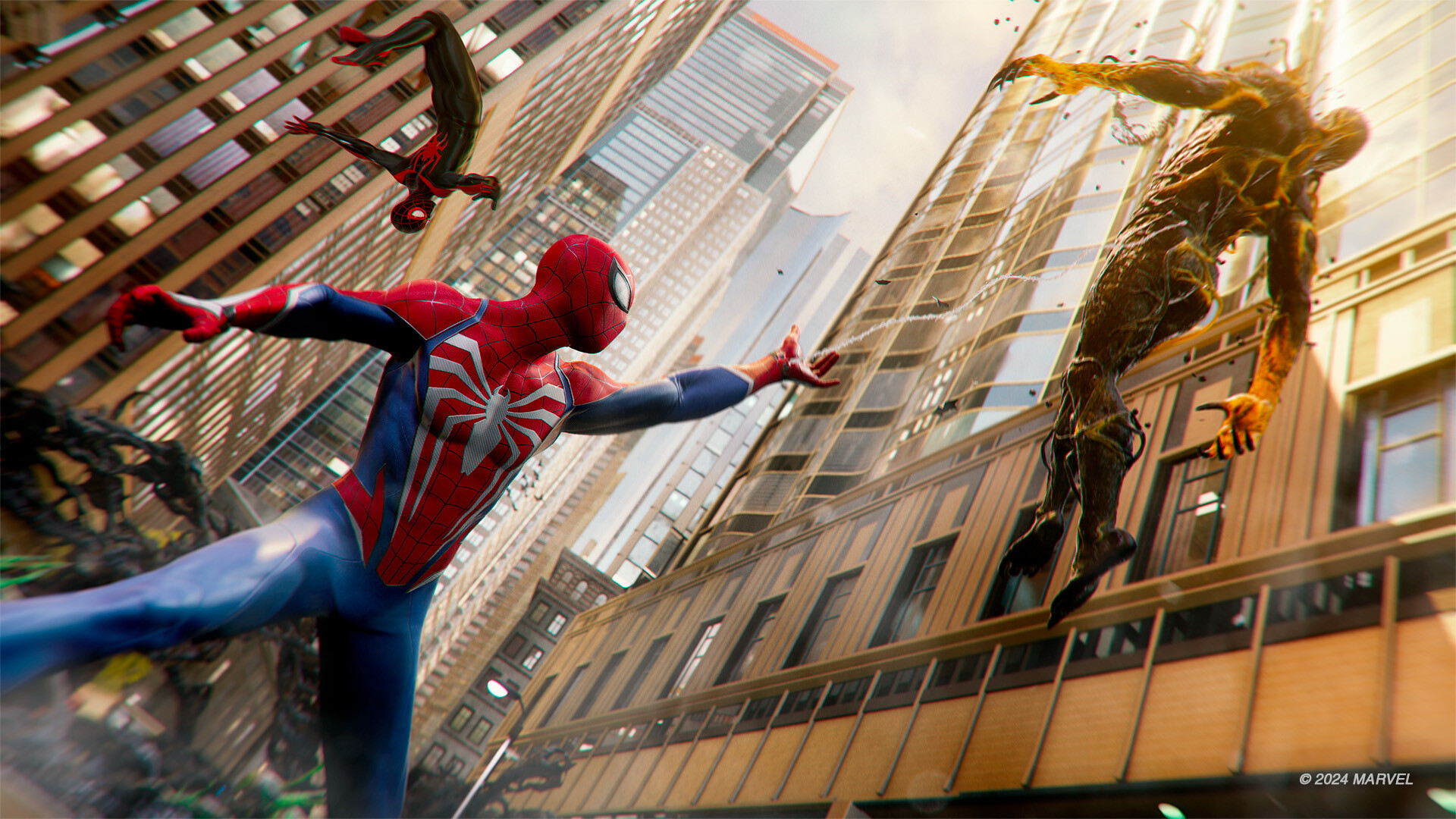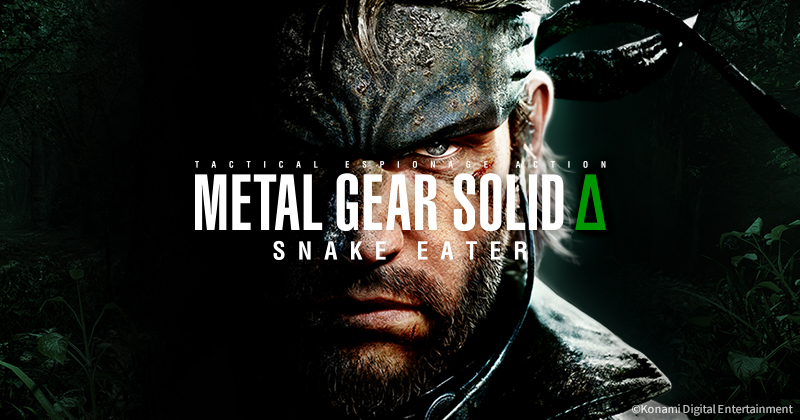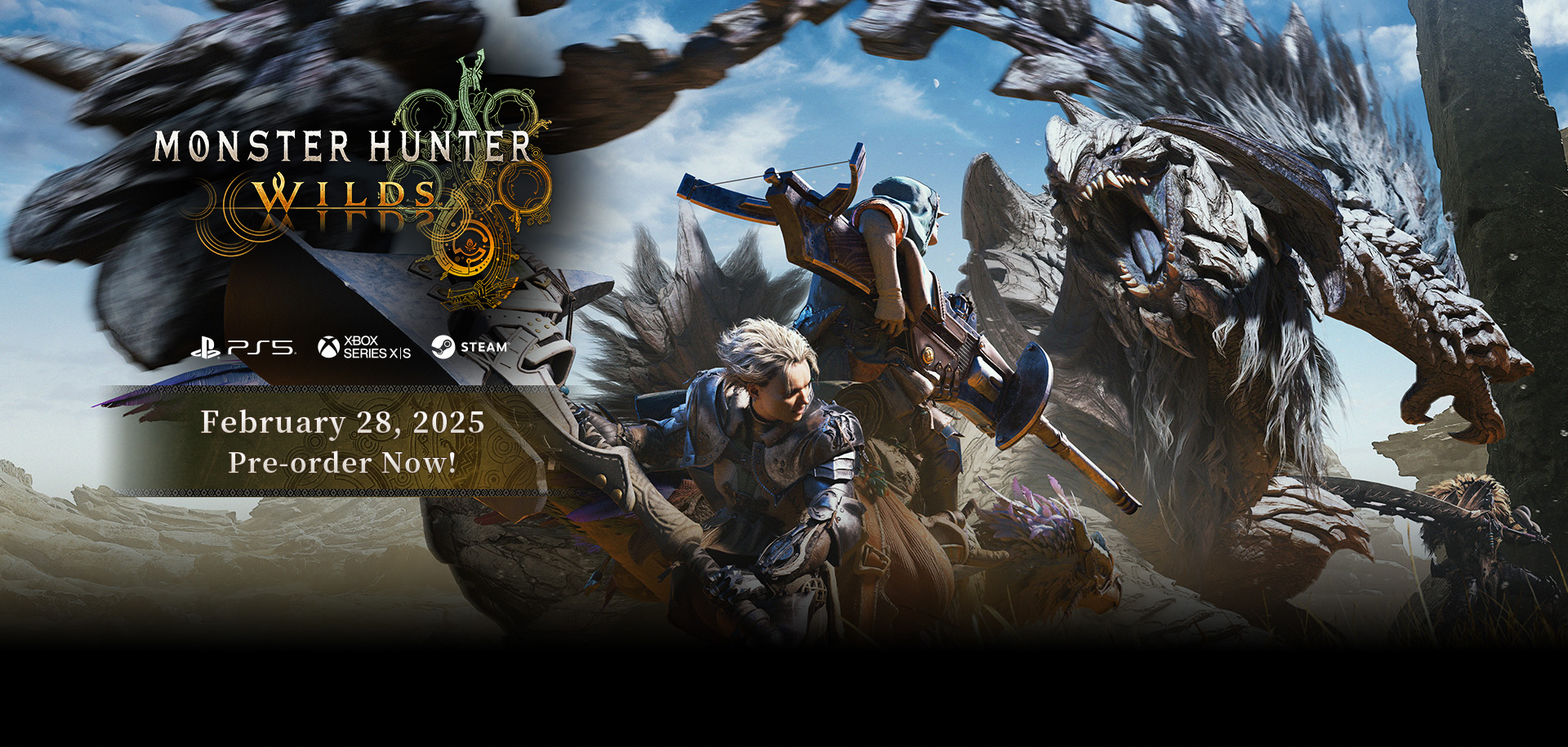A World Reborn, But Not as You Remember
Final Fantasy VII Rebirth isn’t just a sequel—it’s a revolution. Square Enix’s second act in their ambitious FF7 Remake trilogy defies expectations, blending the soul of a 27-year-old classic with bold, modern storytelling and gameplay that feels both familiar and thrillingly alien. Forget what you think you know about Midgar, Sephiroth, or Cloud’s brooding heroics. Rebirth isn’t here to retell a story; it’s here to reimagine destiny itself.
The Open World: A Planet Alive With Possibility
Rebirth shatters the linearity of its predecessor, delivering a sprawling, vibrant world that begs to be explored. From the sun-drenched Grasslands to the neon-drenched underbelly of Costa del Sol, every corner pulses with life. But this isn’t your typical open-world checklist simulator. Mini-games like the revamped Gold Saucer (now featuring Queen’s Blood, a Gwent-style card game) and Chocobo racing feel like love letters to gaming’s golden age, while environmental puzzles and dynamic weather keep exploration fresh.
The real star? The World Intel System. Chadley’s robotic charm returns, tasking players with scanning rare creatures, uncovering hidden relics, and battling fiendish VR bosses. It’s Ubisoft-esque in structure but elevated by FF7’s signature whimsy—because only here can saving the planet involve breeding frogs for a side quest.
Combat: A Symphony of Chaos and Connection
Rebirth’s combat is a ballet of blades and spells, refining Remake’s hybrid action/turn-based system into something transcendent. New Synergy Abilities—tag-team moves between party members—add strategic depth. Picture Tifa launching Cloud skyward for a finishing slash, or Aerith weaving barriers while Barret unloads a gatling gun. Each ability reflects character relationships, which evolve dynamically based on dialogue choices and side quests.
But the game’s secret weapon? The Kujata Summon. This electrified bull (yes, bull) isn’t just a flashy nuke—it’s a tactical tool. Time its stampede to stun enemies, then combo with Yuffie’s shuriken for crowd control. Battles demand adaptability, rewarding players who master the dance between offense and defense.
The Story: Defying Fate, One Timeline at a Time

Spoiler-free zone: Rebirth’s narrative is a meta-commentary on legacy. The original 1997 plot is a foundation, not a blueprint. Characters grapple with visions of alternate realities—hinting at a multiverse where Aerith lives, Zack survives, and Cloud’s psyche fractures further. These “Whispers of Fate” return, but now they’re not just antagonists; they’re a narrative device questioning whether we want our beloved story changed.
The relationship between Cloud and Aerith takes center stage, dripping with tragic irony for longtime fans. Yet newcomers will find emotional resonance in themes of identity, eco-collapse, and found family. Just when you think you’ve predicted the next twist, Rebirth swerves—often literally, thanks to a late-game motorcycle chase that redefines “spectacle.”
The Soundtrack: A Love Letter to Your Childhood
Nobuo Uematsu’s iconic melodies are reimagined with staggering depth. The main theme, No Promises to Keep, is a haunting ballad that crescendos during pivotal moments, while battle tracks seamlessly shift from synth-rock to orchestral chaos. But the real magic lies in quieter moments: the folksy guitar strums of Cosmo Canyon, or the eerie distortion of Jenova’s theme as timelines collide. Pro tip: Wear headphones. The soundtrack isn’t background noise—it’s a character.
Flaws? Let’s Talk Ambition
Rebirth isn’t flawless. Pacing stumbles in the second act, with one too many fetch quests in Gongaga. The open world, while gorgeous, occasionally drowns in repetitive combat encounters. And purists may rage at story deviations—though that’s kinda the point. This isn’t your dad’s FF7; it’s a defiant reclamation.
Conclusion: Who Should Play This Game?
- Fans of the OG: You’ll cry, rage, and cheer. This is your midlife crisis, and it’s glorious.
- Newcomers: Play Remake first, but dive in—Rebirth stands tall as a modern JRPG masterpiece.
- Haters of “Silly” Side Quests: Avoid. This game unapologetically marries existential dread with a talking Moogle.
FF7 Rebirth isn’t just a game—it’s a statement. By weaving nostalgia into a tapestry of daring new ideas, Square Enix proves that some stories should be rewritten… especially when the original author is holding the pen.
Final Rating: 9.5/10 – A hypernova of heart, chaos, and Chocobos.

